”There is no other life;
why don’t you give your whole heart to this one?“
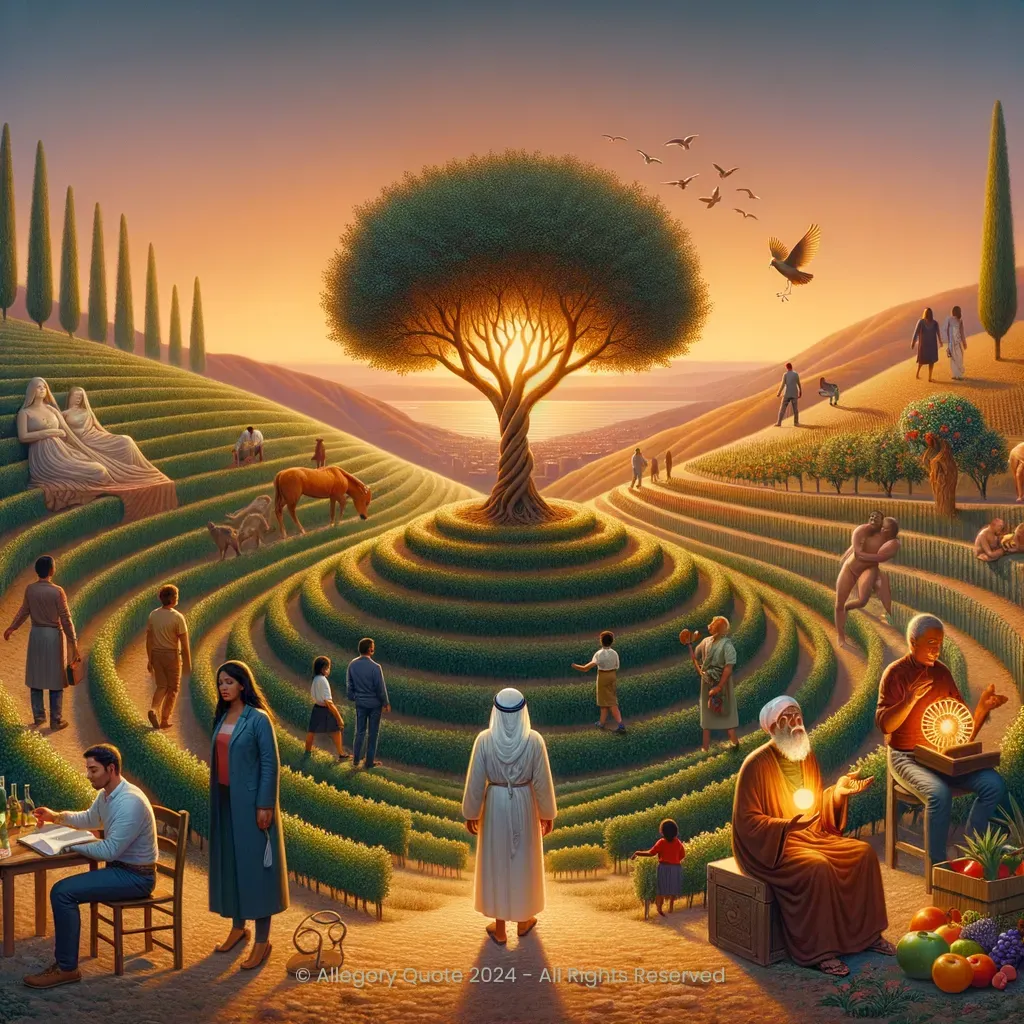
0
0
0
0
- Meaning
- The meaning of this quote deeply questions the value of the present life and the distribution of affection and commitment of the human heart. Foscolo raises a crucial question that resonates with the eternal human dilemma of faith and certainty in the afterlife. "If there is no other life, why not dedicate your whole heart and efforts to this current life?" This appeal to the centrality of earthly life emphasizes an invitation to live fully and appreciate the present, valuing every moment and the emotions it brings.
- Allegory
- The human figure looking at the horizon represents the invitation to reflection and contemplation of the present life, suggesting an active and present attitude. The lush tree in the center symbolizes the heart full of life and love, rooted in the present reality and nourished by fertile ground, a metaphor for the current life. The figures of different human ages emphasize the value of each phase of life: the playing child represents the innocence and joy of the moment, the young person studying symbolizes the acquisition of knowledge and passions, the working adult indicates commitment and dedication, and the elderly storyteller embodies wisdom and memory. The Italian landscape at sunset depicts the beauty and transience of the present moment.
- Applicability
- This quote can be a strong invitation to live the present with greater intensity and significance, not getting too lost in thoughts about a hypothetical afterlife. In daily life, it means fully committing to one's passions, personal relationships, and life experiences, without holding back one's emotions. It is an invitation to seize the moment and make every day meaningful.
- Impact
- This quote had a profound impact on Italian literature and Romantic thought. It inspired numerous reflections on carpe diem and the importance of living in the present rather than hoping for a better future life. Foscolo's thought influenced generations of Italian writers, philosophers, and patriots, contributing to the formation of modern thinking on commitment and reaction to existential hardships.
- Historical Context
- The quote comes from the early 19th century, a time when romanticism was taking hold in Europe. The historical context is Italy occupied by Napoleonic troops and the ferment of revolutionary ideas. Foscolo, like many intellectuals of his time, was strongly involved in the Italian patriotic movements and critical of the illusions of religion and the afterlife. This reflection can therefore also be seen as a criticism of passivity and sacrifice in the name of a future life, instead encouraging real and present commitment in earthly life.
- Criticisms
- Criticism of Foscolo's quote might come from religious circles that advocate belief in an afterlife and see earthly sacrifice as merit for future reward. Moreover, there could be criticism from those who consider the invitation to focus on the present life as insensitive to the suffering and difficulties that some people might face, making it challenging to live fully in the present.
- Variations
- This quote has variants and interpretations in different cultures. For example, Japanese Zen philosophy emphasizes living in the “here and now,” as in the concept of "Ichigo Ichie" (一期一会), which means "one time, one meeting," highlighting the uniqueness of each moment.
-
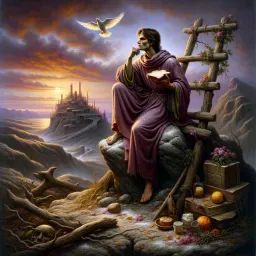
You will taste how salty another's bread is, and how hard it is to tread another's stairs up and down.
-
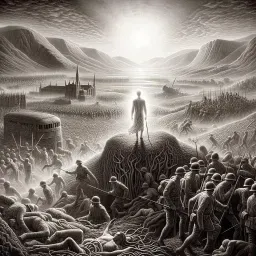
In the midst of chaos, there is also opportunity.
-

Love is not love which alters when it alteration finds, or bends with the remover to remove.
-

Make America Great Again.
-

Beyond the sphere that widest orbit swings, passes the sigh that leaves my heart below.
-
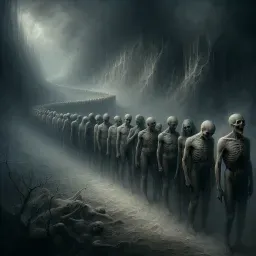
I saw such a long throng of people, I would not have believed death had undone so many.
-

No turning back.
-

My tongue will tell the anger of my heart, or else my heart concealing it will break.
-

Prophet of doom.
-

There the dreadful Erichtho writhed, who summoned back the shadows to their bodies.
-
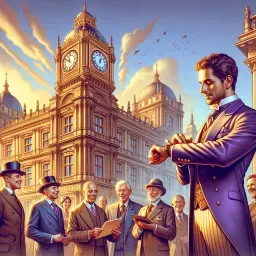
La ponctuality is the politeness of kings.
-
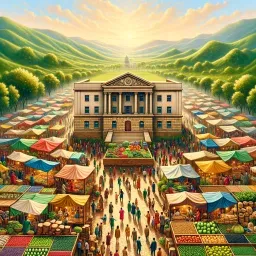
The goal to strive for is a poor government but a rich people.
No Comments